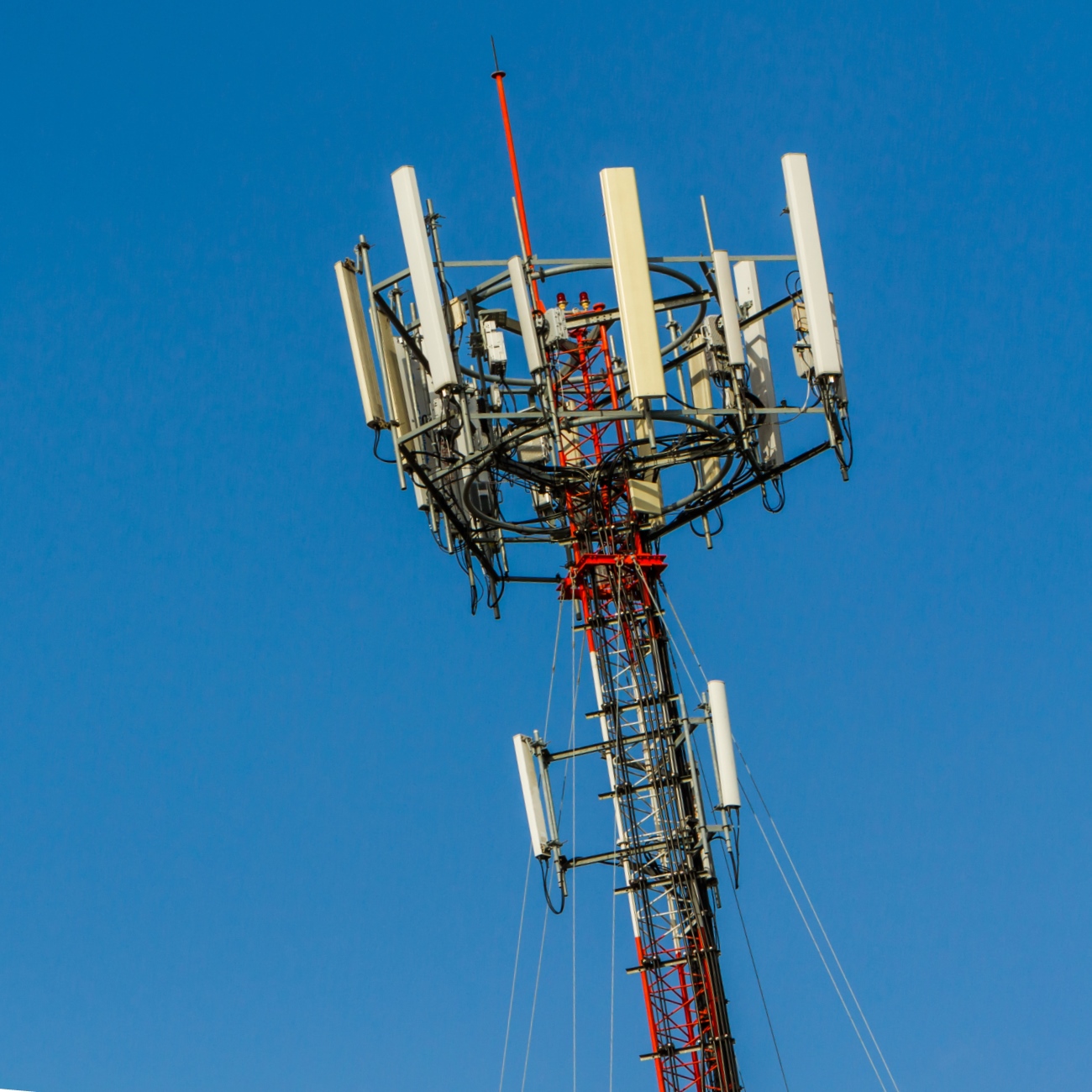Telecom & Wireless
Why Verizon and AT&T Are Both Hitting New 52-Week Highs

Published:
Last Updated:

Isn’t the world of telecom a boring, dead-end sector just reserved for old conservative dividend investors? Apparently not. With all the stock market volatility we have seen in 2016, it might seem odd to hear that Verizon Communications Inc. (NYSE: VZ) and AT&T Inc. (NYSE: T) are both hitting new 52-week highs.
After years of a market rallying and rallying, 2015 was the first time since 2009 that gains were not assured. And 2016 has seen a recovery, but after a severe bout of volatility.
Is it possible that the telecom giants are entering a perfect storm? Wasn’t the war against T-Mobile US Inc. (NYSE: TMUS) and Sprint Corp. (NYSE: S) supposed to hurt both companies?
AT&T now has gone even further beyond its core telecom and wireless efforts. The U-verse efforts and high-speed Internet efforts have all sorts of views ahead, now that AT&T was able to clear that DirecTV acquisition in 2015. In fact, AT&T is targeting the cord-cutters with ways to get DirecTV packages to the cord-cutters too.
Verizon has sold off some landline operations, which will have acted to help to pay down the debt from the Vodafone deal, in which Verizon recaptured the minority stake of Verizon Wireless. It also has the Fios Triple Play offering. Another issue for Verizon is its mobile ad and video platform, now that it acquired AOL and other efforts for that.
Several things have taken place here, all of which are acting as a perfect storm.
First is valuation. Verizon, even at 52-week highs, is valued at just 13 times expected 2016 earnings. AT&T is valued at a 13.2-times multiple. The S&P 500 trades north of 16 times expected 2016 earnings per share now.
Second is that analysts have maintained a positive stance due to these stocks being so defensive in nature. Merrill Lynch recently featured AT&T with a $40 price target and Verizon with a $55 target.
Third is a perceived permanence factor. The telecom model is likely to last for generations. You might not have a landline anymore, but you have to have a high-speed pipe into your house and work. Even if that pipe for 5G in the coming decade takes off, chances are high that these two telecom giants will a part of it.
Fourth is the dividend yield. At a time when you can’t make any money on the bond market, anything north of 2.0% to 2.5% is considered a high yield — without even thinking about “junk” in the high-yield naming. Verizon now yields 4.35% and AT&T yields about 5.1%.
A fifth issue is a desire by consumers to have a lower hassle. Changing wireless plans to save money sounds good, but getting all of your old phone data to your new phone and reentering everything is not so fun. How many phone consumers rejoice with glee that their cellphone swaps to a new carrier (or even a phone upgrade with the same carrier) made it without a glitch? If this was not the case, then AT&T and Verizon would be hitting 52-week lows as the customers would be flying into Sprint or T-Mobile.
A sixth issue is of course the Internet of Things theme. AT&T has been aggressively expanding into wireless connectivity for cars. Ditto for Verizon. As ever more devices are getting connected, this will continue and will add incrementally to revenues and eventually to earnings.
A seventh issue is that investors truly want defensive stocks in their portfolio. Sure, that culminates everything above: high dividends, a sense of permanency, discounted value and on. The issue here, which goes back to valuations, is that the price-to-earnings (P/E) for most defensive stocks right now is north of 18 and 20 times expected earnings. Most defensive stocks are also not generating 4% and 5% yields.
Verizon shares have hit a new 52-week high of $52.15, almost $2 higher than the $50.33 consensus analyst price target. AT&T shares hit a 52-week high of $37.65 on Wednesday, effectively matching the consensus analyst price target of $37.63.
Again, have telecoms hit the perfect storm?
If you’re one of the over 4 Million Americans set to retire this year, you may want to pay attention. Many people have worked their whole lives preparing to retire without ever knowing the answer to the most important question: am I ahead, or behind on my goals?
Don’t make the same mistake. It’s an easy question to answer. A quick conversation with a financial advisor can help you unpack your savings, spending, and goals for your money. With Zoe Financial’s free matching tool, you can connect with trusted financial advisors in minutes.
Why wait? Click here to get started today!
Thank you for reading! Have some feedback for us?
Contact the 24/7 Wall St. editorial team.